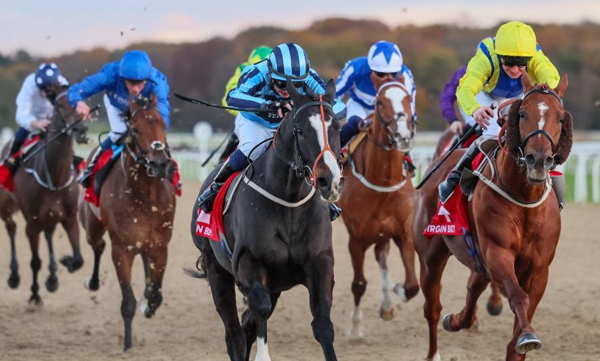 |
RacingBetter News |
| Thursday 13th November 2025 | |
Why Horse Racing Still Holds an Aura of Elite Exclusivity

Often associated with notions of luxury and class, horse racing has remained a timeless sport linked to elite status for centuries. This is a result of several factors, including traditions, ownership models, and the cultural heritage that gave birth to the sport. This elite physical activity, known as the king of sports, dates back to the days of old, when the first recorded races took place in ancient Greece and Central Asia, where horses were initially domesticated. To this day, horse racing remains not just relevant but also holds the top spot among leisure events reserved for high society.
How Horse Racing Has Evolved
One of the beautiful things about horse racing is how it has continued to evolve. There are more than 400 active racecourses worldwide, and over 50 in the UK alone. Now more than ever, there is increased interest, and today, with several innovations, more lovers of this sport can follow it and see why the popularity of horse racing has not waned. From an event that was strictly restricted to people at the echelon of society, horse racing has become very easily accessible and available competitively with exclusive card betting sites, for instance, that let users place bets instantly and seamlessly with perks and generous bonuses. Betting has become the main reason horse racing remains popular. Major global events like the Cheltenham Festival, the Melbourne Cup, and the Kentucky Derby attract millions of bettors, fans, and enthusiasts annually. Whether they are placing a bet for a simple win, or exploring complex bets, like trifectas and exactas, betting on horses is no longer exclusive, but commercially accessible. All of these go on to show how this sport maintains its exclusivity while leaving room for more ways of active participation.
High Cost as a Reason for Exclusivity
While horse racing has certainly evolved, one thing that has remained constant is its exclusivity. There are several factors that make horse racing stand out, with the first being that owning a racehorse is very costly, from buying the horse, to training the horse to race, and then hiring skilled help, who do not come cheap. These fees are not easy to navigate for most people; more often than not, they leave it to elites who willingly participate in this sport. As the title “king of sports” implies, this sport was originally only associated with royalty, the kings and nobles, and even till now, it is still very much associated with the wealthy, showing how wealth plays a major role and distinguishes it from many other sports.
Exclusive Access to Only a Few
Besides the cost of owning and managing a racehorse, horse racing tickets are not the easiest to come by. Unlike basketball or football, where you can score tickets on a number of retail sites, horse racing tickets require more intentionality, and sometimes, you can only attend them with an invite. This entry requirement makes it mostly accessible to people with resources and means, limiting participation and further reinforcing its prestige.
The Social Culture
And sometimes, the racing is just the surface; there’s a whole lot more that goes on behind the scenes. Because horse racing appeals to the sensibilities of the who’s who, it is no surprise that invitees like to catch up, share a cocktail or bottle while they discuss business. These events allow attendees to connect with like-minded people from all over the world in the hope of attracting new investors, pitching their businesses, rubbing minds, and building a strong professional network. This access to prominent people across different fields of work makes horse racing more than just a sporting activity; it is a social hub that brings people together for various reasons. This social aspect of the sport is just as important as it creates a fun avenue and environment where global relationships can be forged and mended.
Conclusion
There is no doubt that horse racing will continue to stand out from the rest due to its sophistication and its heritage. The deep cultural roots, high costs, and selective access have ensured that it remains the domain of the wealthy and influential. While modern innovations like online platforms and betting communities expand fan engagement, it still remains deeply seated in prestige and tradition. Take away the thrill of the competition, and you still find a lifestyle in horse racing, one where social connection and status send a clear message. It does not just display the finest sportspeople at their best but also allows patrons who value the sport to connect and share ideas. All these points lead to one fact, which is that horse racing has a timeless appeal, one that is sure to abound and evolve with the times.







